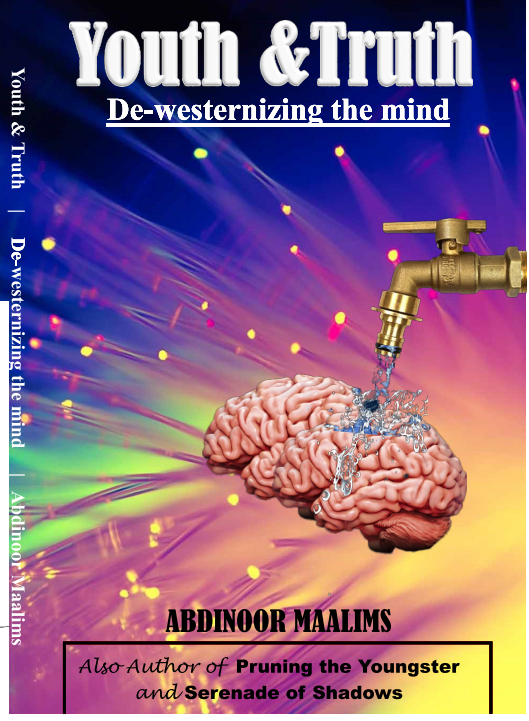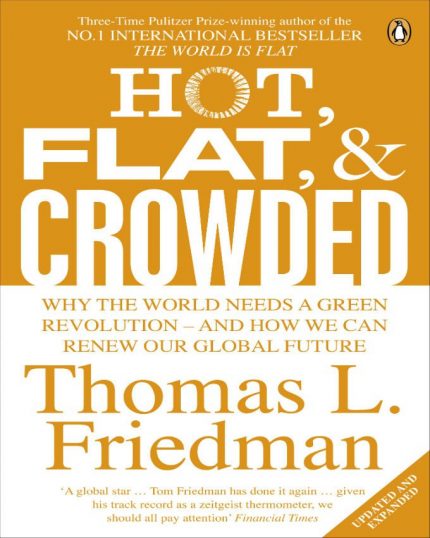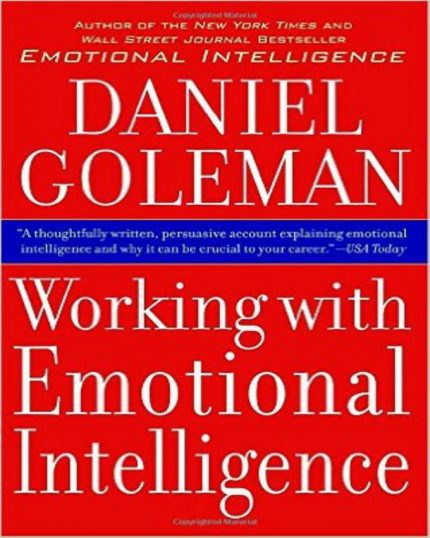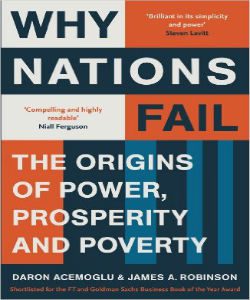Brilliant and engagingly written, Why Nations Fail answers the question that has stumped the experts for centuries: Why are some nations rich and others poor, divided by wealth and poverty, health and sickness, food and famine? Is it culture, the weather, geography?
Perhaps ignorance of what the right policies are? Simply, no. None of these factors is either definitive or destiny. Otherwise, how to explain why Botswana has become one of the fastest growing countries in the world, while other African nations, such as Zimbabwe, the Congo, and Sierra Leone, are mired in poverty and violence?
Daron Acemoglu and James Robinson conclusively show that it is man-made political and economic institutions that underlie economic success (or lack of it). Korea, to take just one of their fascinating examples, is a remarkably homogeneous nation, yet the people of North Korea are among the poorest on earth while their brothers and sisters in South Korea are among the richest. The south forged a society that created incentives, rewarded innovation, and allowed everyone to participate in economic opportunities.
The economic success thus spurred was sustained because the government became accountable and responsive to citizens and the great mass of people. Sadly, the people of the north have endured decades of famine, political repression, and very different economic institutions—with no end in sight. The differences between the Koreas is due to the politics that created these completely different institutional trajectories.
Based on fifteen years of original research Acemoglu and Robinson marshall extraordinary historical evidence from the Roman Empire, the Mayan city-states, medieval Venice, the Soviet Union, Latin America, England, Europe, the United States, and Africa to build a new theory of political economy with great relevance for the big questions of today, including: - China has built an authoritarian growth machine.
Will it continue to grow at such high speed and overwhelm the West? - Are America’s best days behind it? Are we moving from a virtuous circle in which efforts by elites to aggrandize power are resisted to a vicious one that enriches and empowers a small minority? - What is the most effective way to help move billions of people from the rut of poverty to prosperity?
More philanthropy from the wealthy nations of the West? Or learning the hard-won lessons of Acemoglu and Robinson’s breakthrough ideas on the interplay between inclusive political and economic institutions? Why Nations Fail will change the way you look at—and understand—the world."



































Book lover 1 –
In the tumultuous landscape of the 21st century, where disillusionment looms large and moral decay threatens our very humanity, it’s imperative that we embark on a journey of self-reflection and rediscovery. Abdinoor Maalims invites you to embark on this transformative voyage through his compelling work, “Sterilization: Youth and Truth: De-Westernizing The Mind.”
Maalims fearlessly confronts the harsh reality of our times, daring to label the current era as “crappy” and the millennial generation as “jinxed.” Yet, amidst this bleak assessment, lies a beacon of hope – a call to arms to reclaim our moral compass and reconnect with our intrinsic values.
The erosion of morality, the sidelining of religion, and the relentless propagation of Western ideologies like secularism, feminism, liberalism, scientism, and atheism have left us adrift in a sea of uncertainty. But Maalims urges us to resist the pull of these toxic doctrines, to challenge the status quo, and to reclaim our cultural heritage.
At this pivotal moment in history, we find ourselves at a crossroads, grappling with existential questions and searching for meaning in a world that seems devoid of it. But within each of us lies the power to effect change, to reject the false promises of modernity, and to embrace the timeless wisdom of tradition.
Youth and Truth is more than just a book – it’s a manifesto for reclaiming our humanity, a rallying cry for a generation on the brink of spiritual bankruptcy. Join Abdinoor Maalims on a journey of rediscovery, as we strive to de-Westernize our minds and forge a path towards a brighter, more virtuous future.